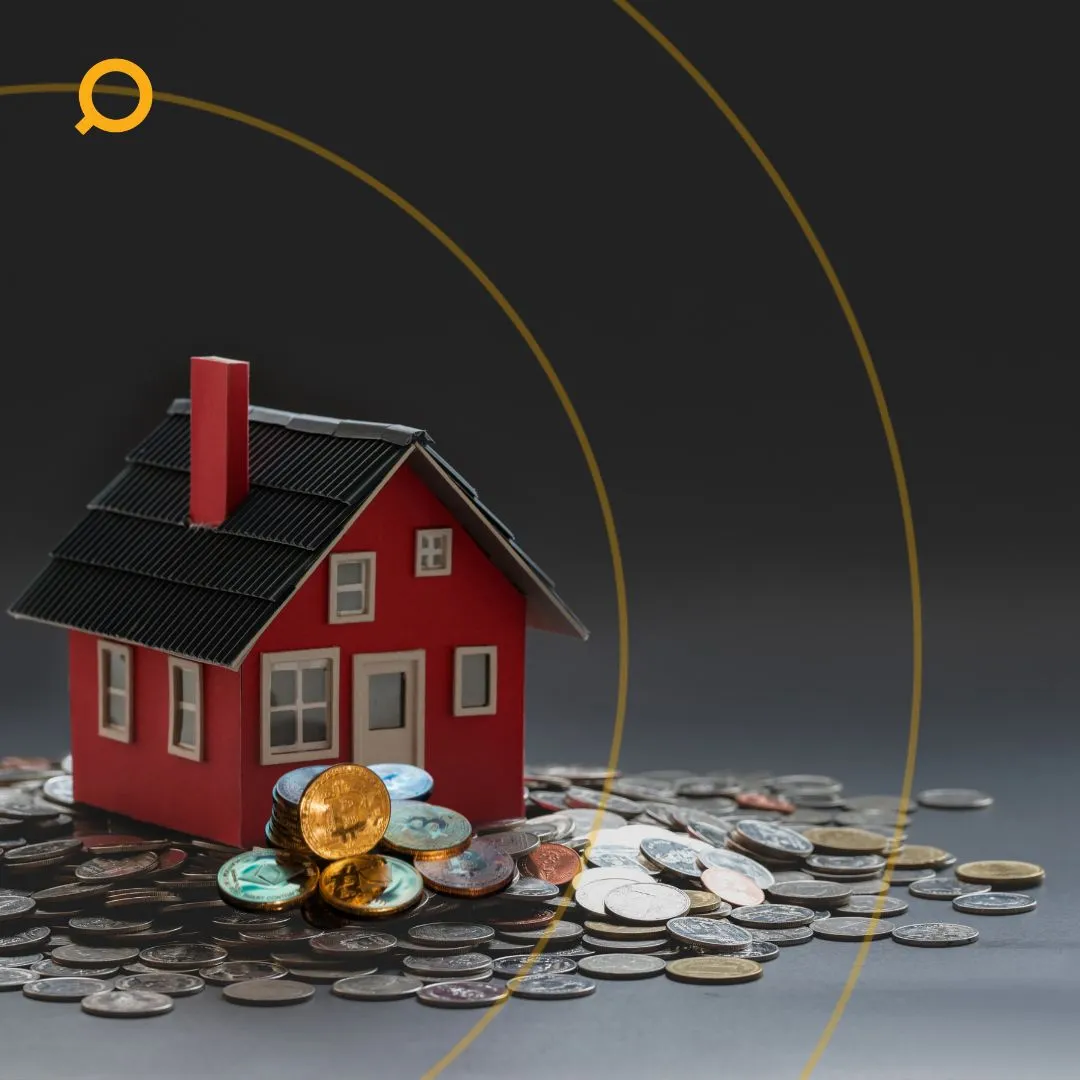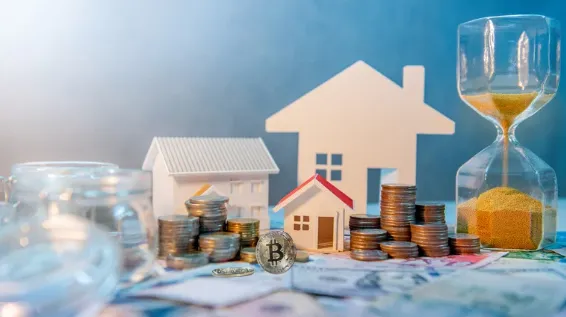Australia Sees First Bitcoin-Backed Mortgages Amid Housing Crisis
Bitcoin-backed mortgages are here. Discover how to buy property without cashing out crypto—and why this model could transform your investment strategy in 2024.
Bitcoin-backed mortgages are here. Discover how to buy property without cashing out crypto—and why this model could transform your investment strategy in 2024.



Amid rising interest in alternative financing options, a new type of mortgage has emerged in Australia: Bitcoin-backed home loans. This lending model allows eligible borrowers to use their Bitcoin holdings as collateral to secure a mortgage without needing to convert their cryptocurrency into fiat currency.
As housing affordability continues to challenge buyers nationwide, this innovation introduces a non-traditional pathway to property ownership that could appeal to crypto holders seeking to leverage their digital assets.
In this blog, we explore how Bitcoin-backed mortgages work, who they may be suitable for, and what risks and opportunities they present in today’s evolving property landscape.
Cryptocurrency, or “crypto” for short, is a type of digital money that isn’t controlled by any government or bank. The most well-known cryptocurrency is Bitcoin, which was created in 2009. Unlike dollars or coins, Bitcoin only exists online and is stored in digital wallets. Its value goes up and down depending on supply, demand, and what people are willing to pay for it, kind of like shares in a company or gold.
Many people bought Bitcoin years ago when it was cheap, and since then, its value has grown. But turning that Bitcoin into cash usually means selling it, which comes with fees and capital gains tax, a tax you pay on the profit you make when you sell an investment. That’s where Bitcoin-backed mortgages come in.
With this new model, you don’t have to sell your Bitcoin. Instead, you use it as collateral, like handing over a valuable item to a lender as a promise you’ll repay your loan. Bitcoin is held securely by a third-party company while you borrow money to buy property. Usually, this allows you to borrow up to 50% of the property’s value through your crypto, and you cover the rest with a standard home loan.
This is the first time in Australia that people can use their crypto to get a mortgage without selling it. It became possible after a court ruling in April gave the green light to an Australian company, Block Earner, to offer Bitcoin-backed loans without needing a traditional financial services license.
In a time when housing is more expensive than ever, this could offer a creative new way for crypto holders to enter the market, especially younger investors or early adopters who’ve been sitting on Bitcoin gains for years. Still, it’s important to note that the value of crypto can change quickly, and like any financial product, there are risks involved. But for some, it could open a new door to home ownership, without giving up their digital assets.
You’ve likely watched the housing market stretch further out of reach even for experienced investors. Traditional lending looks at income, superannuation, and savings. But if most of your wealth is tied up in crypto, you’ve probably been overlooked.
Now, that changes.
With Bitcoin-backed mortgages, you can:
This is more than a finance tool, it’s a new on-ramp into real estate for digital asset holders.
Here’s what the process looks like:
The key? You don’t need to sell your Bitcoin, and you gain access to dual growth opportunities in real estate and digital assets.

Yes. But it’s already gaining traction globally.
In the United States, major steps are being taken to include crypto in mortgage assessments. Regulators are encouraging mortgage giants like the government-created Fannie Mae and Freddie Mac to recognise crypto holdings as valid reserve assets, not just cash in the bank.
A recent bill in the U.S. House of Representatives also aims to require lenders to consider crypto assets held on regulated exchanges when evaluating mortgage eligibility.
What’s happening in Australia is part of a broader trend: property lending is modernising, and the bridge between crypto wealth and real-world assets is finally forming.
Let’s face it, housing affordability is at crisis levels. According to the recent Demographia International Housing Affordability data:

But here’s what’s interesting: while real estate prices have skyrocketed, Bitcoin is up nearly 87% in the past 12 months.
If you’ve been holding crypto, you’ve actually gained more purchasing power in real estate terms. In other words, property has become relatively cheaper against Bitcoin. And if you’re not using that edge, you could be missing out on major opportunities.
A Bitcoin-backed mortgage isn’t for everyone—but it can be powerful for the right investor.
Consider it if you:
Think twice if you:
Like any investment strategy, it works best when aligned with your long-term goals.
Bitcoin-backed mortgages might sound futuristic but they’re here, and they’re reshaping how investors like you can grow wealth through real estate.
If you’ve been waiting for a smarter way to enter the market, this could be your move. It’s not about replacing traditional finance, it's about expanding your toolkit.
And as always, make sure you’re getting trusted advice. If you're planning your next property move, or looking to leverage existing assets (crypto or otherwise), work with experts who can help you invest with confidence.
Want help building a strategy that’s tailored to you? Book a FREE strategy call with our team of property investment experts today.
